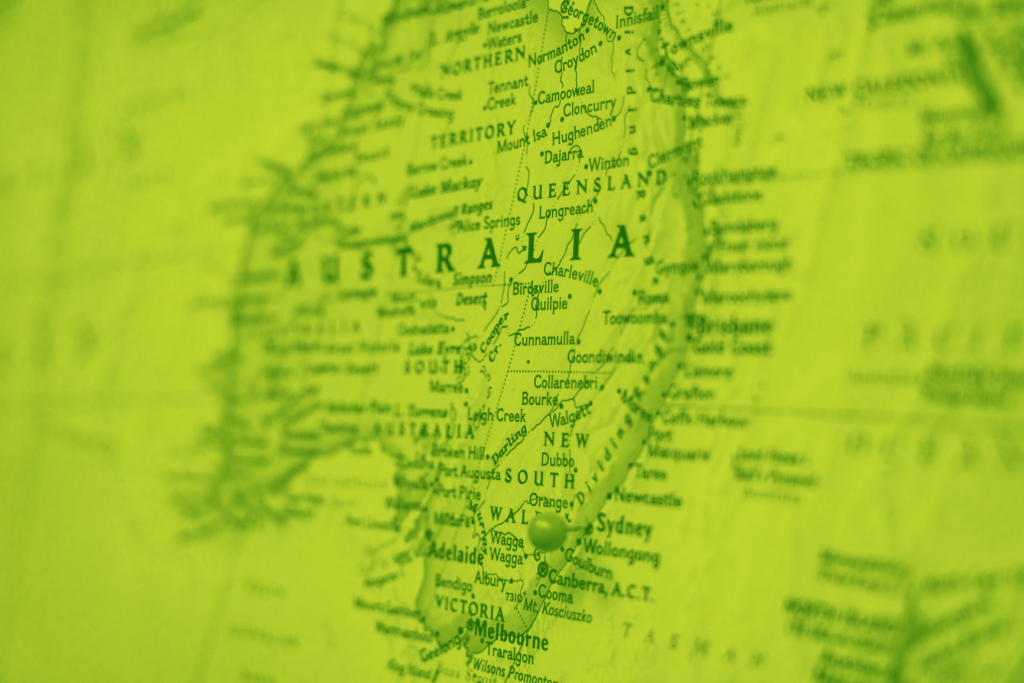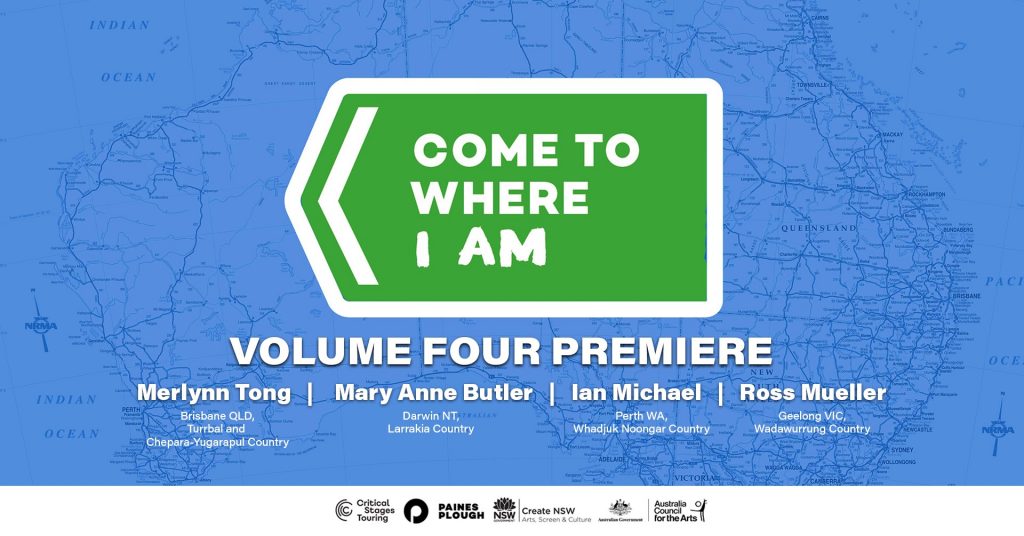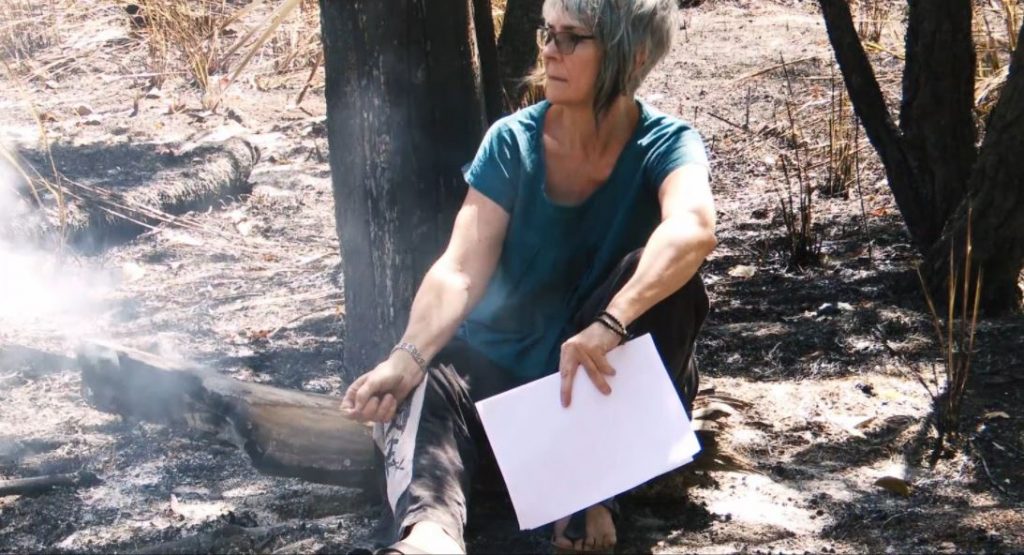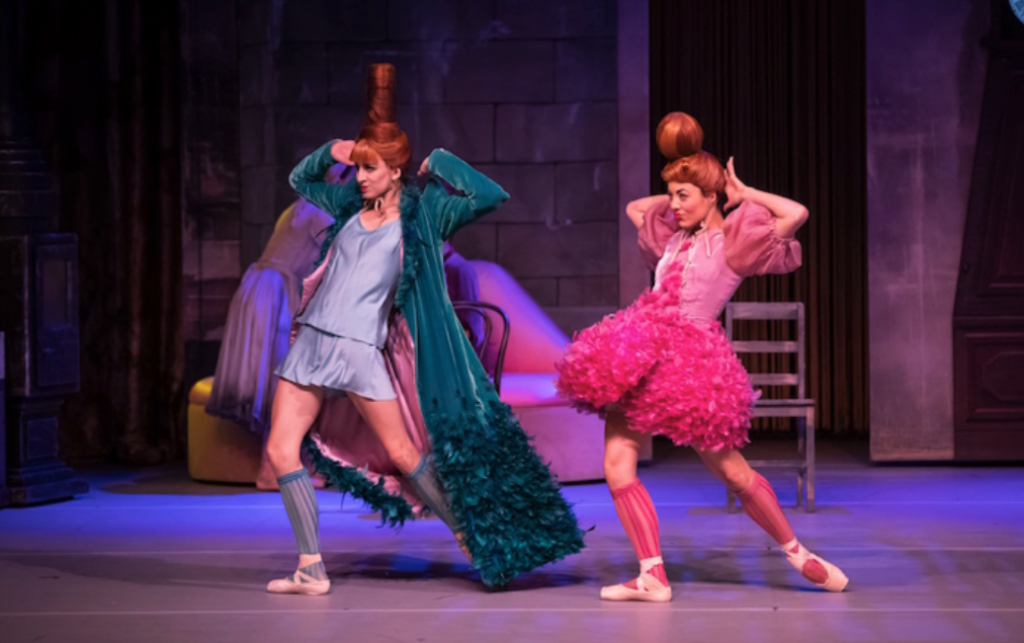
‘Come To Where I Am – Australia’ // Critical Stages
‘Come To Where I Am – Australia’ was comforting.
What does it mean to call a place home? And how have our relationships with ‘home’ been impacted by the challenges of 2020?
The intent of the ‘Come To Where I Am – Australia’ series is noble. Critical Stages, in collaboration with Paines Plough UK, commissioned writers across the country to create 10-minute videos in which they tell the stories of their lives through the places that have shaped them. It’s an opportunity for audiences to virtually travel to urban, suburban, regional and rural communities by watching and listening to these creatives online —until restrictions are lifted, when live performances are planned.
The series is split into four parts, with each video made up of three or four distinct segments. Most playwrights sit in one spot, speaking (sometimes reading) to camera; some venture out to capture iPhone video or photos then add a voiceover track.
As 39 people watched live on Facebook Wednesday night (with no one dropping off), Part 4 began with each playwright introducing their work, then fervently thanking the organisation for the opportunity. The video had earned over 800 views on Facebook as of Thursday afternoon.
The first creative featured in Part 4 was Merlynn Tong, a young Singapore-born actor and playwright who presented ‘Timecapsule: Meanjin’ – a month-by-month recollection of 2020 in Brisbane.
“January: “It starts with fire,” she says directly to camera, noting those in Brisbane were fortunate to see the bushfires “through screens, not through our window.”
Tong’s delivery was energetic and captivating, effortlessly moving between major political events and her personal experiences. From the internationally-covered bushfires to February’s horrific car fire resulting the death of Hannah Clarke and her three children, to the virus, to how the death of George Floyd in the U.S. spurred Australians to weigh the seriousness of COVID-19 ‘against the deaths in our community’ in their decision to gather and rally under the Black Lives Matter banner for Indigenous rights at home.
Throughout the grim subject matter, she added humour and examples of kindness: neighbours cooking for each other during the height of restrictions, “promising a culinary visit to another land” and the reality TV binge that so many indulged in. The standout theme was her idea of transforming discomfort into action; striving to do more for those in need and less for ourselves. It left the impression that Australia’s youth can find energy in the challenges of 2020 and are willing to try to change the world for the better.
The second instalment was Victorian Ross Mueller’s ‘We are Geelong’—what Facebook user Margaret Davis described as “an elegy for Geelong in this time.” Mueller’s introduction explains the local football club hasn’t been playing at home since the pandemic, suggesting it has become a ghost town without the central connection for the community.
The self-shot iPhone video of deserted streets and servos interspersed with black and white photos of games-gone-by had a powerful nostalgic effect. The use of video and sound—crowd noises played over shots of the empty streets and football field along with Mueller’s steady voiceover—was the most visually artistic and engaging of the ‘Come To Where I Am – Australia’ series (despite a few jump cuts that were not immediately identifiable as an artistic choice).
With less focus on Mueller’s personal details, the narrative unfolded through snippets of sport – memories, commentary, exchanges between mates. Likely to resonate more deeply with footy fans, the story evoked a thoughtful comment from Facebook user Zsuzsi Soboslay, who wrote in part: ”Is identity the virus, the footy, the river, our edges that resist the lockdown…the street lights, the scrub, the footy lights, the drunken stagger down regional roads…Whether our neighbours recognise us, recognise our quotations, our icons…” and the piece earned congratulations from multiple commenters.
Third was ‘Dingo’ by Mary Anne Butler, sitting outside in the aptly described “hothothot drydrydry” of the Northern Territory. A heartfelt story of survival and resilience, told at times through a wavering voice, Butler’s emotional delivery was a standout performance from the series. Though as casual as if speaking to a friend, the alliteration, evocative language and use of silence was poetic.
“Nature and development; hope and disillusionment; freedom and confinement; opportunity and impediment—all woven together in one sweaty conundrum,” she mused. “We’re all works in progress, I guess.”
For the series finale, Ian Michael performed ‘Another Day in the Colony (In three scenes)’ from his home in Perth. In striving to “tell the truth of my experience of being in this country”, Michael’s anger was palpable as he described how Black families fight to exist.
Descriptions of men chased to death by police and drowned in the river, to prisons and youth justice centres “full to the brim with Black lives” were followed by Michael’s critique of the ANZAC Day line, Lest we forget.
“This country only wants to forget,” he says, citing theft of land and removal of children “because you saw them as less than human.” The direct-to-camera ‘you’ is accusatory and powerfully delivered.
Like Tong, Michael references George Floyd and shares his experience going to a rally with his father. The contrast is stark; anger and sadness in place of hope for the future.
“They’ve been playing the video of George Floyd on the news over and over…What about Tanya Day? David Dungay Junior? Kumanjayi Walker? JC? Ms Dhu? Tane Chatfield? Aunty Sherry?”
A reminder that home does not feel like a safe place for everyone, with an ending that emphasised resilience, if not optimism for the future.
“You didn’t kill us; we’re surviving,” he says. “We’re still here. I’m still here.”
Overall, the ‘Çome To Where I Am – Australia’ series was insightful and thought-provoking, offering intimate glimpses into various Australian realities. All parts are worth watching, but for something different, check out Part 2 for ‘Escape to the Marriage’ by Tahli Corin & Joshua Tylor—a comedic reflection on time wasted versus time to pause; ‘Paradise is Silent’ by Jeanette Cronin in Caloundra for some phallic imagery and surf sayings as applied to COVID (“The second wave is always bigger”); and ‘The Car at the Top of the Tree’ by Alison Mann in Hobart, whose vivid imagery and analogies stood out for their inventiveness.
The live stream premieres on the Critical Stages Facebook Page and can also be found online in the group’s Screening Room and on the website of UK partner, Paines Plough. All donations made will go directly towards employing writers to deliver new writing during COVID-19. Follow Critical Stages for new webisodes from 7 October 2020.







